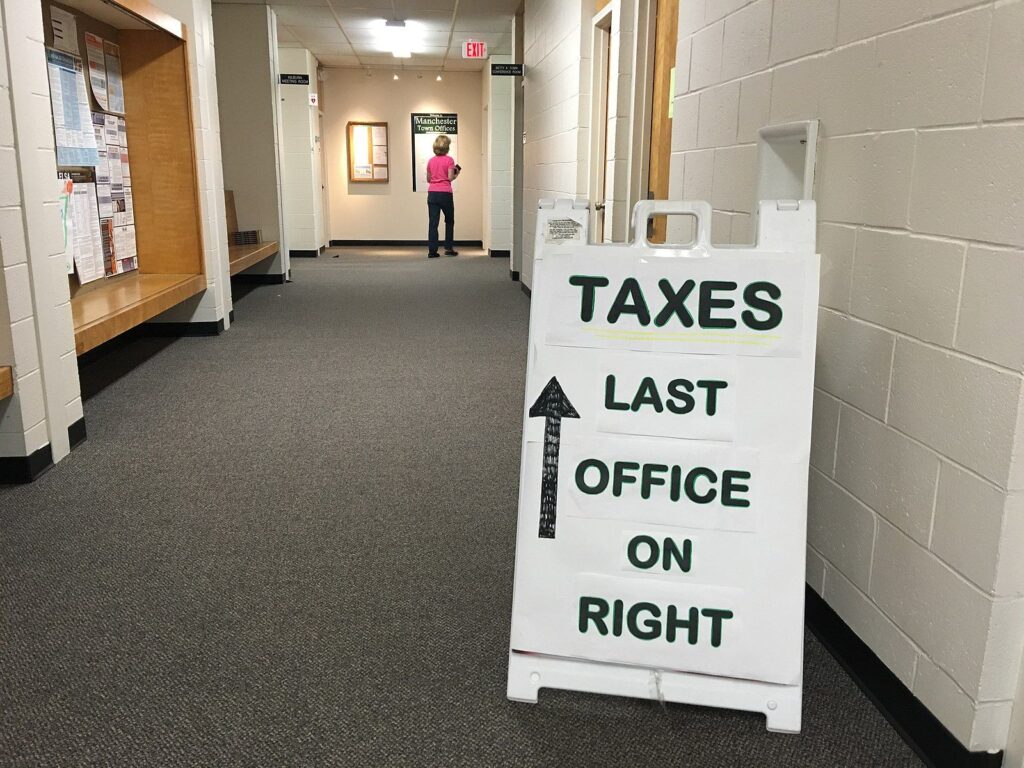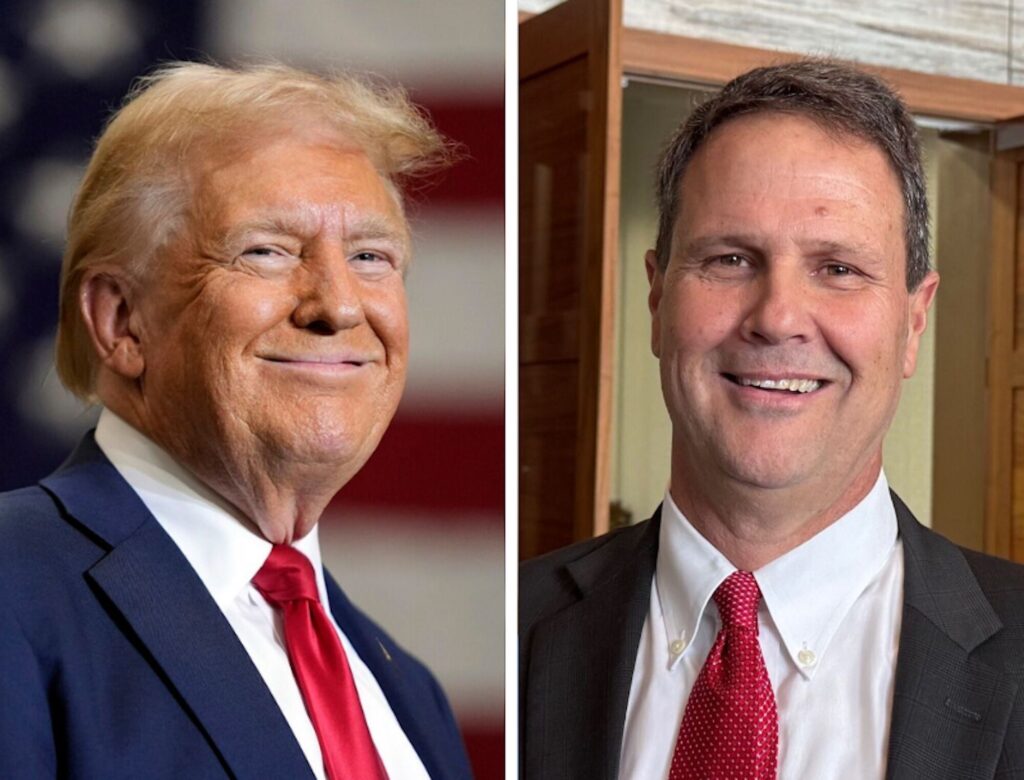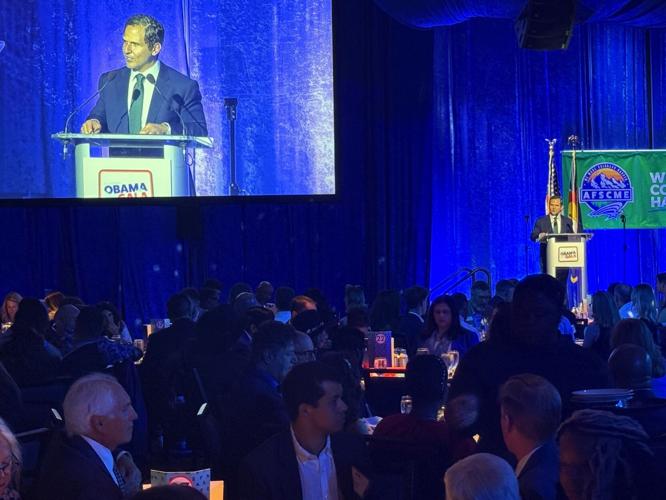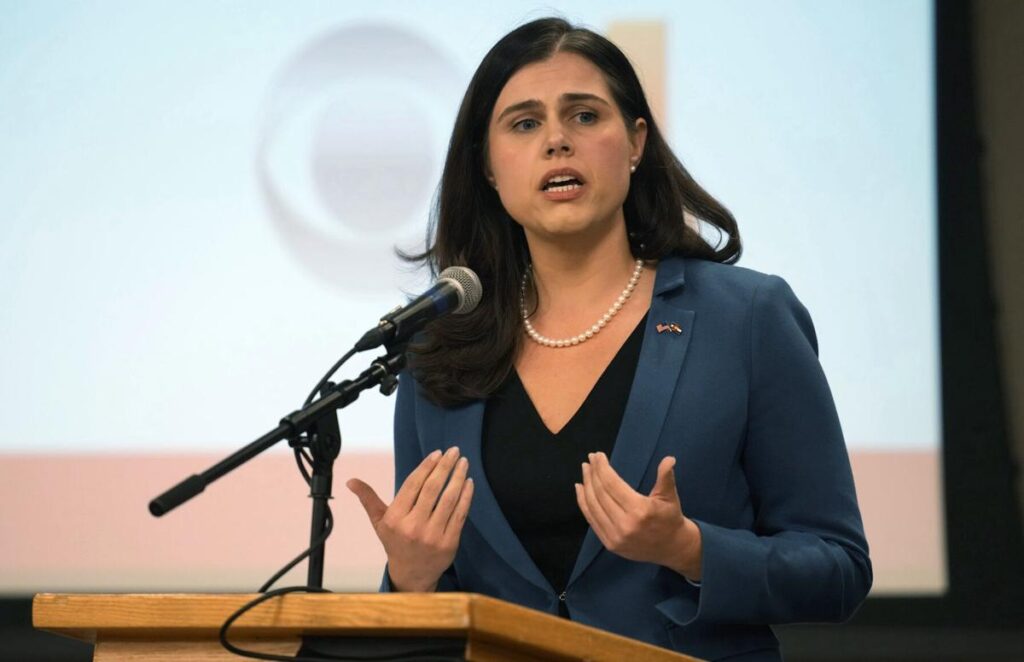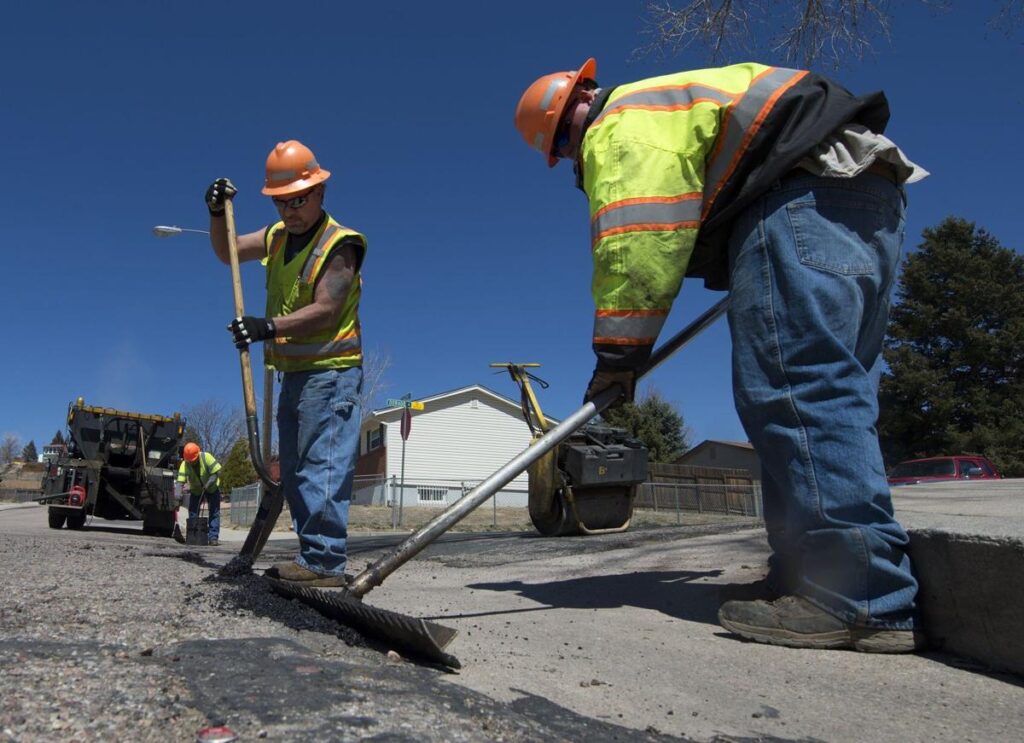Voters in new Senate District 13 will determine Sen. Kevin Priola’s recall fate
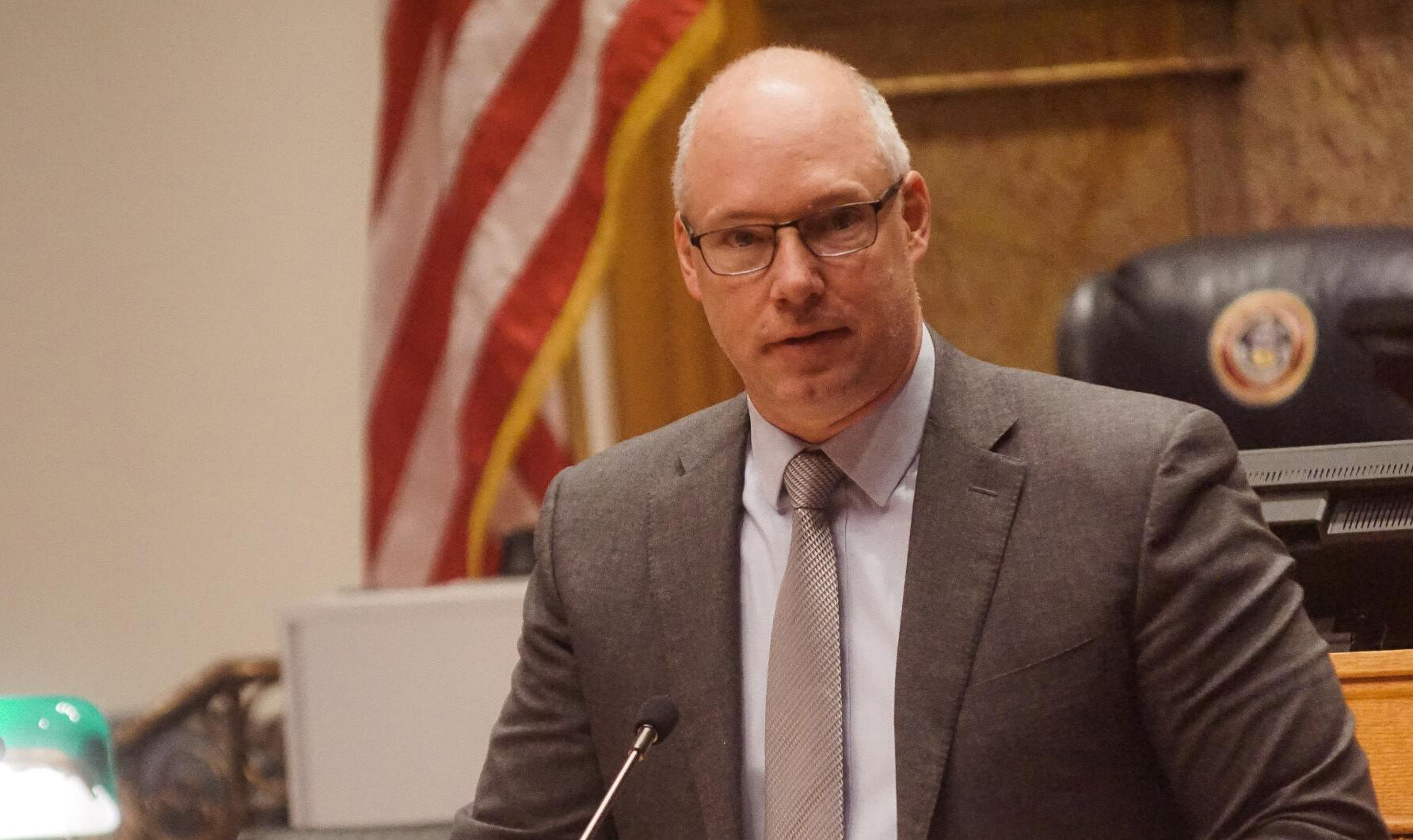
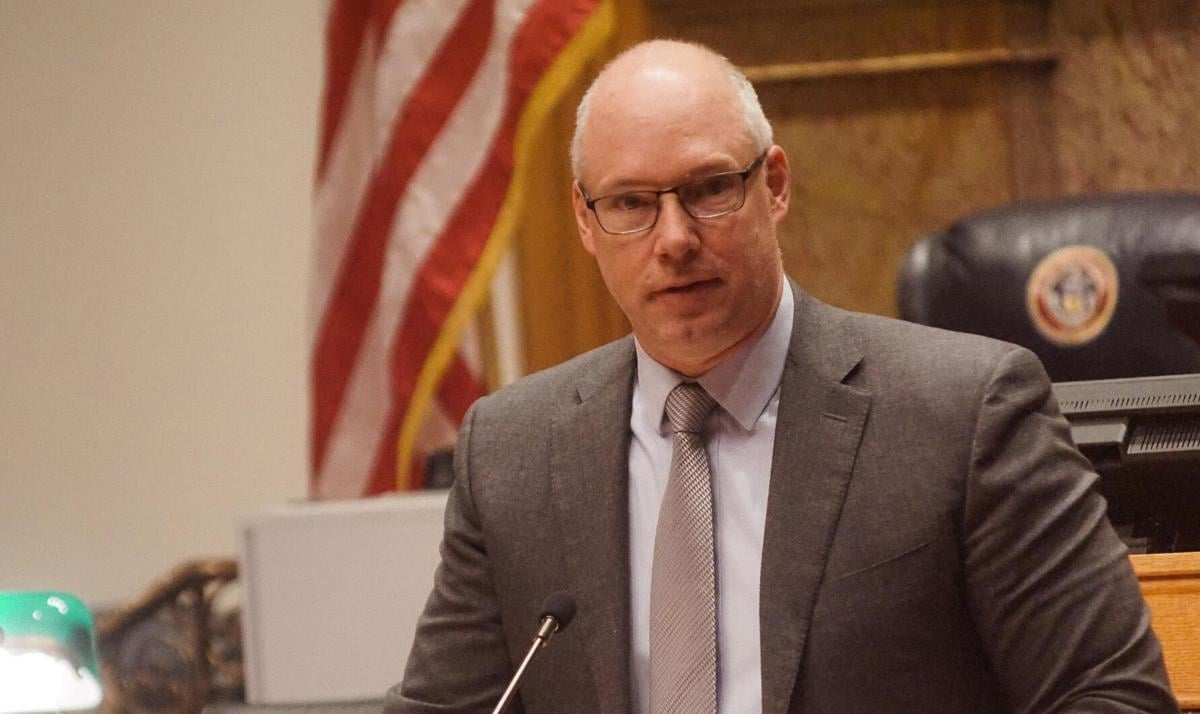
In this file photo, state Rep. Kevin Priola, D-Henderson, speaks on Military, Veterans and MIA/POW Appreciation Day on Feb. 6, 2020, at the Colorado Capitol in Denver. Priola is facing a recall campaign after switching parties from Republican to Democrat on Aug. 22, 2022.
(Colorado Politics file photo)
The Secretary of State’s office Monday determined that voters in the new Senate District 13 will be allowed to sign recall petitions for state Sen. Kevin Priola.
A week ago, Priola, D-Henderson, announced he was changing parties from Republican to Democrat, blaming, in part, the Jan. 6 riot at the U.S. Capitol, and calling it the “last straw.” He had hoped the event would cause his former party to distance itself from former President Donald Trump, but that never happened, he wrote. He also raised concerns about the GOP’s lack of interest in climate change.
Two days after his announcement, Advance Colorado Action announced it would launch a recall of Priola, who has two years left to go on his final Senate term.
One of the questions raised was who would sign recall petitions: voters in Priola’s previous Senate District 25, which is based in Adams County from Brighton to the county’s eastern boundary, or in the new Senate District 13, which includes Brighton and a small portion of Adams County south of Brighton but is largely based in Weld County, including Greeley.
Voter registration in the old Senate District 25 favored Democrats by nearly 8,000 over Republicans, and with more than 44,000 unaffiliated voters. Voter registration in the new Senate District 13 is evenly divided between Democrats and Republicans, about 20,000 each, with unaffiliated voters numbering more than 38,000.
According to Monday’s announcement from the Secretary of State, the recall will require 18,291 valid signatures in order to hold a special election, based on 25% of votes cast for the 2020 election for Senate District 25.
The recall election will cost proponents $199,079.95, the Secretary of State’s office said.
Proponents are working with the Secretary of State’s staff to obtain a petition format, which will be submitted to the department, which has seven business days to approve or disapprove the format. If approved, Priola would have three days to provide a rebuttal statement that would be included on the recall petition.
If enough valid signatures are collected and a special election is scheduled, recall successor candidates will be listed as choices for voters below the recall question on the ballot.
In a statement last week, organizers say Priola should be recalled because the lawmaker’s “voting record is out-of-step with the people of this district” and list legislative votes and sponsorships they contend are “harmful to working families or dangerous for our community … Kevin Priola broke the trust of voters who elected him.”
“He does not represent the views of this district and should be removed from office,” the proposed petition statement reads.
Priola was first elected to the House in 2008 and to the state Senate in 2016. He is known as a moderate who supports bills on climate change.
Priola’s decision to switch gave Senate Democrats a 21-14 advantage, making the Republicans’ hope of retaking the state Senate in November more difficult.
Colorado voters have twice recalled state senators, both in 2013. Senate President John Morse, D-Colorado Springs and Sen. Angela Giron, D-Pueblo, were both recalled over their votes on gun control measures. Recalls have also been attempted against Gov. Jared Polis, Senate President Leroy Garcia, D-Pueblo, and state Rep. Tom Sullivan, D-Centennial, the latter an effort led by now-GOP Chair Kristi Burton Brown. In Garcia’s recall, only four signatures were turned in; none was submitted for recalls against Polis or Sullivan.


